Resolution No. 72-NQ/TW dated September 9, 2025 of the Politburo on a number of breakthrough solutions to strengthen the protection, care and improvement of people's health, recently issued, is assessed by many health experts in Ho Chi Minh City as having humanistic significance and high sustainability.
Dr. Diep Bao Tuan, Director of Ho Chi Minh City Oncology Hospital, pointed out the two most important points of Resolution 72: from 2026, people will be able to have regular health check-ups or free screening at least once a year; by 2030, people will be exempted from basic hospital fees within the scope of health insurance benefits according to the roadmap.
According to Dr. Tuan, people receiving regular health check-ups or free screening once a year is very important in health care, especially in the field of cancer.
In Vietnam, each year more than 180,000 new cancer cases and more than 120,000 deaths are recorded (according to GLOBOCAN 2022), which has become a heavy burden on the health system and society. If cancer is detected early, treatment will be more effective and less costly.
Therefore, having free annual health check-ups for the entire population will help detect cancer and many other diseases early; thereby, reducing treatment costs, increasing treatment effectiveness, and reducing the death rate due to disease.
Resolution No. 72-NQ/TW has humanistic significance in people's health care. (Source: VNA)
In addition, currently, patients and health insurance still co-pay at a certain rate. For some diseases such as cancer, cardiovascular disease, etc., the cost of treatment is very high. If the hospital fee exemption policy is introduced, many seriously ill people will be given more opportunities to live healthy and receive better treatment.
Doctor Tran Van Khanh, Director of Le Van Thinh Hospital, said that Resolution 72's goal of moving towards free medical examination is a way to ensure fairness in access to medical services.
Currently, health insurance covers about 94% of the population, not yet 100%, including many groups of freelance workers, near-poor people, and people in difficult areas who have not participated in health insurance.
Meanwhile, medical expenses remain a burden for many Vietnamese people, and the risk of impoverishment due to illness is increasing. Therefore, free medical examinations help people reduce medical costs, have the opportunity to access medical services early, thereby reducing disability, reducing mortality and increasing healthy life expectancy.
"Resolution 72 is very humane and feasible if implemented according to the roadmap: expanding universal health insurance, increasing financial resources, ensuring human resources and monitoring technology," Dr. Khanh stated his opinion.
Moved by the Party and State's concern for people's health, Mr. Nguyen Van Sam, Party Cell Secretary and Head of the Front Work Committee of Ward 21, Dong Hung Thuan Ward, Ho Chi Minh City, said that the policies in Resolution 72 are very much in line with the people's wishes. Regular health check-ups once a year are extremely necessary, but currently the majority of people still do not have the conditions to do so.
According to Mr. Sam, the reason is that economic conditions do not allow it. In addition, people are still subjective, do not have the habit of regular health check-ups, and have the mentality that "going to the doctor will detect the disease" without realizing that if the disease becomes serious, treatment will be very expensive, and even if it costs a lot of money, it cannot be saved.
Regarding the issue of people being exempted from basic hospital fees by 2030 within the scope of health insurance benefits according to the roadmap, Mr. Sam said that this is an extremely humane and necessary policy, especially for the poor.
"Looking at many countries in the world, even Cuba has provided free hospital fees for its people for a long time, so if the government can implement a free hospital fee policy, it will be great for the people," Mr. Sam expressed.
Doctor Truong Huu Khanh, Vice President of the Ho Chi Minh City Infectious Diseases Association, assessed that free periodic health check-ups for people, especially the poor, is one of the ways to help people detect diseases early and have a higher awareness of disease prevention.
"Remember, investing in prevention is 8 times more profitable than investing in treatment, meaning if we spend 1 dong on prevention, we don't have to spend 8 dong on treatment, which is very expensive," Dr. Khanh acknowledged.
A notable point of Resolution 72 is the policy of implementing special and outstanding preferential policies for medical staff directly working in professional fields at commune-level health stations and preventive medical facilities; raising the level of preferential occupational allowance to at least 70% for those who regularly and directly work in medical professional fields at commune-level health stations and preventive medical facilities.
According to Dr. Truong Huu Khanh, this is a recognition and great encouragement for the medical team, doctors in the field of preventive medicine, medical staff working professionally at commune and ward health stations. For a long time, these are the groups that have suffered many disadvantages due to low income, no opportunity to work extra to increase income, and their role and position have not been properly evaluated.
Also appreciating the argument of promoting the development of the preventive health system and grassroots health care system of Resolution 72, Dr. Tran Phu Manh Sieu, Director of Go Vap Hospital, said that preventive health care is always an important pillar in the health care system.
In fact, in the work of preventing and combating infectious diseases, over the past years, the preventive health system and grassroots health care have performed very well. In the current context, the health sector is aiming to manage other non-communicable diseases such as diabetes, hypertension, cardiovascular disease, etc. right at grassroots health care, bringing health services closer to the people, so the policy of investing in the development of preventive health and grassroots health care is extremely correct and ensures sustainability.
"With better treatment policies, more and more doctors will choose preventive medicine, voluntarily work at health stations, improving the quality of grassroots health care and preventive medicine. The grassroots health system will become a "gatekeeper", reducing the burden on the upper-level treatment system, protecting people's health and increasing fairness in access to health care, even in remote areas," Dr. Tran Phu Manh Sieu assessed./.
Source: https://www.vietnamplus.vn/nghi-quyet-so-72-nqtw-y-nghia-nhan-van-trong-cham-soc-suc-khoe-nhan-dan-post1061600.vnp


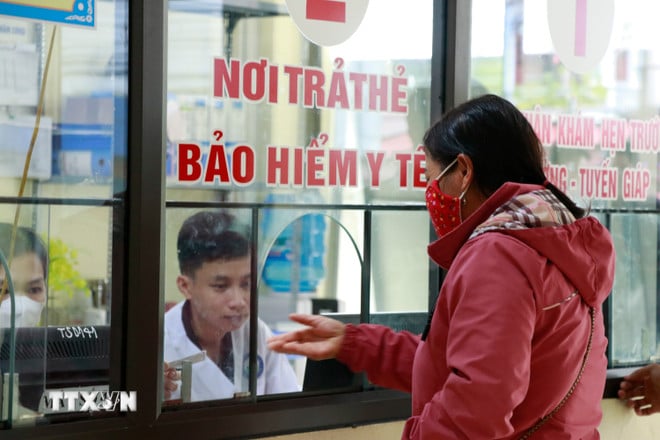





![[Photo] Cutting hills to make way for people to travel on route 14E that suffered landslides](https://vphoto.vietnam.vn/thumb/1200x675/vietnam/resource/IMAGE/2025/11/08/1762599969318_ndo_br_thiet-ke-chua-co-ten-2025-11-08t154639923-png.webp)



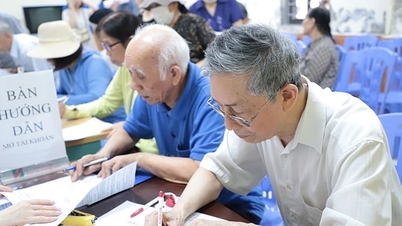

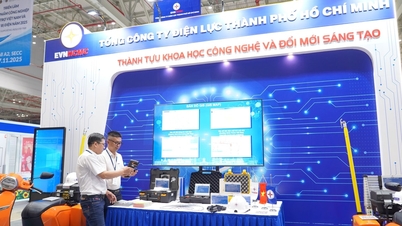

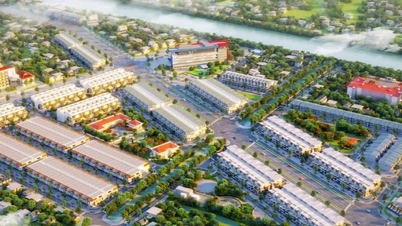
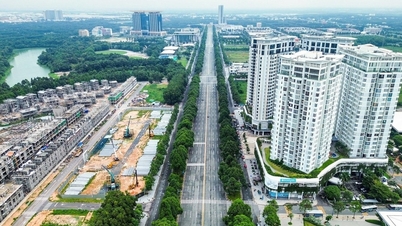
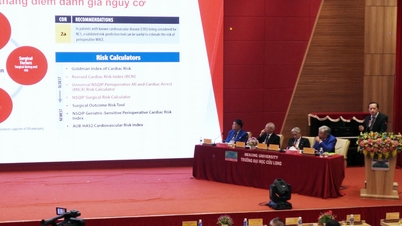



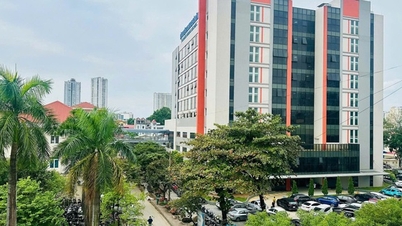
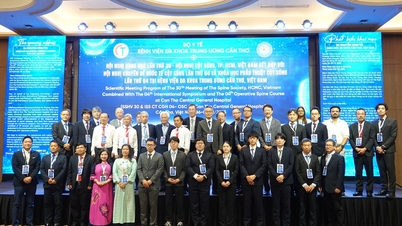

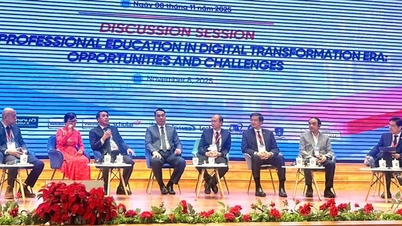







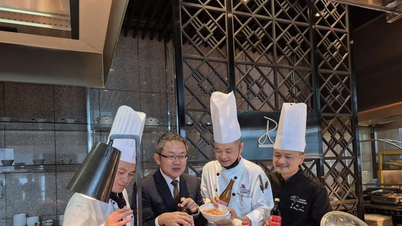

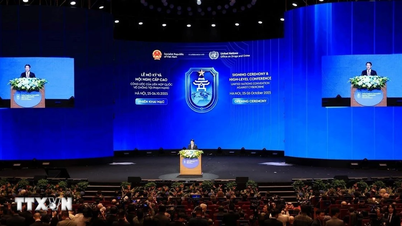

![[Photo] "Ship graveyard" on Xuan Dai Bay](https://vphoto.vietnam.vn/thumb/1200x675/vietnam/resource/IMAGE/2025/11/08/1762577162805_ndo_br_tb5-jpg.webp)






![[Video] Hue Monuments reopen to welcome visitors](https://vphoto.vietnam.vn/thumb/402x226/vietnam/resource/IMAGE/2025/11/05/1762301089171_dung01-05-43-09still013-jpg.webp)




























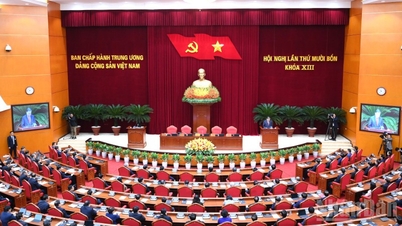



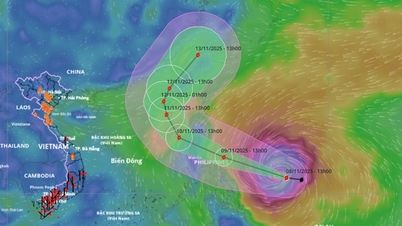















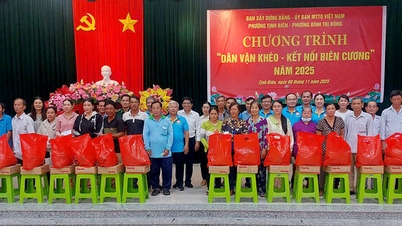


















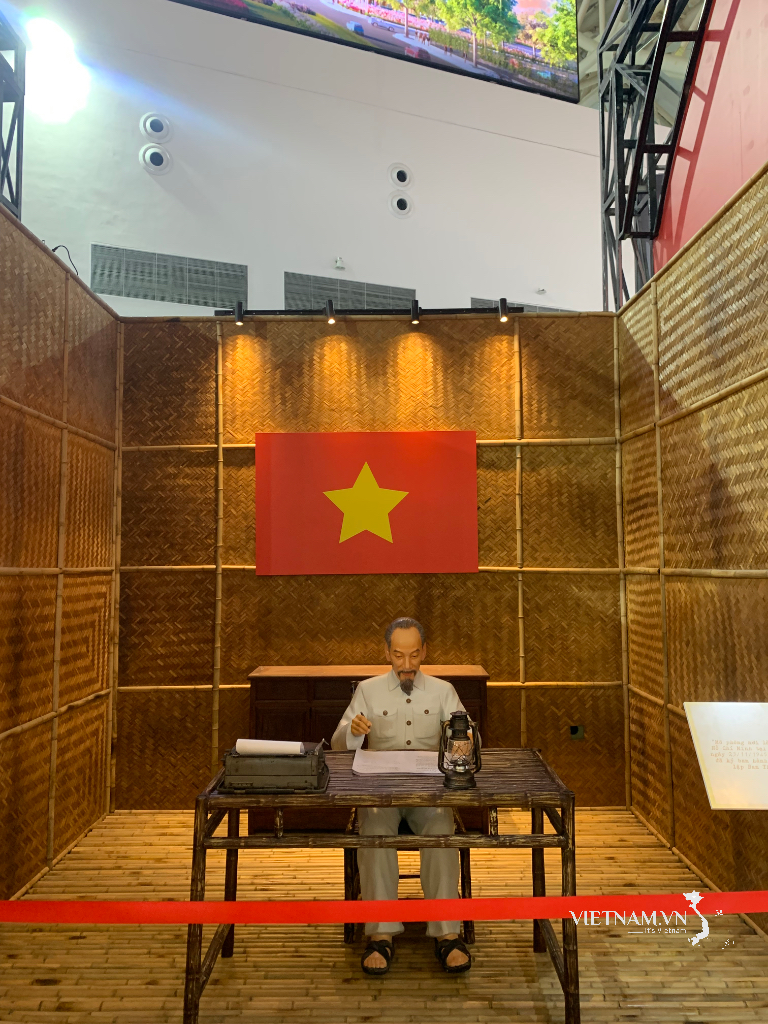
Comment (0)